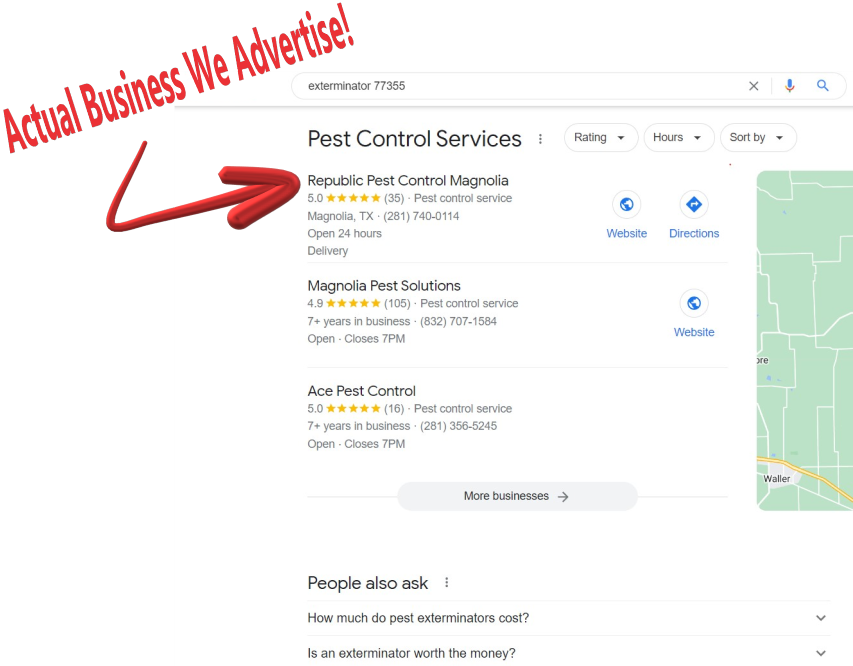As a criminal defense attorney, Mike Kohler often encounters clients who are uncertain about the nature of their charges. Whether you’re facing a misdemeanor or a felony, understanding the differences between these two categories of criminal offenses is crucial. Not only do these distinctions influence the potential penalties you might face, but they also affect the strategies we can employ in your defense.
In this article, we will break down the key differences between felonies and misdemeanors, explain the implications of each, and offer insights into how Mike Kohler can assist you in navigating the legal landscape.

What is a Felony?
A felony is generally defined as a serious crime that carries a significant punishment. In Texas, felonies can be categorized into several classes:
- State Jail Felonies: These are the least severe of felonies, punishable by 180 days to 2 years in a state jail, along with possible fines up to $10,000.
- Third-Degree Felonies: These offenses can result in 2 to 10 years of imprisonment and fines up to $10,000. Examples include certain types of theft and assault.
- Second-Degree Felonies: Punishable by 2 to 20 years in prison and fines up to $10,000. Serious drug offenses and aggravated assault fall into this category.
- First-Degree Felonies: These are the most severe felonies, resulting in 5 to 99 years in prison and fines up to $10,000. Capital murder is an example.
The repercussions of being convicted of a felony extend beyond incarceration and fines; they can also affect your ability to obtain employment, housing, and professional licenses in the future.
Consequences of a Felony Conviction
- Prison Time: Felonies often result in lengthy prison sentences, and in some cases, even life sentences.
- Loss of Rights: Convicted felons may lose their right to vote, serve on a jury, or own firearms.
- Employment Challenges: Many employers conduct background checks, and a felony conviction can make it difficult to secure employment.
- Stigma: The social stigma associated with a felony conviction can have long-lasting effects on personal relationships and community standing.
What is a Misdemeanor?
Misdemeanors are less severe offenses compared to felonies. In Texas, misdemeanors are classified into three categories:
- Class A Misdemeanors: These can result in up to 1 year in jail and fines up to $4,000. Examples include theft of property valued between $750 and $2,500 and certain types of assault.
- Class B Misdemeanors: Punishable by up to 180 days in jail and fines up to $2,000. DWI (driving while intoxicated) and simple assault are examples.
- Class C Misdemeanors: These are the least serious, resulting in fines only (up to $500) and no jail time. Examples include public intoxication and minor traffic offenses.
Consequences of a Misdemeanor Conviction
- Jail Time: While misdemeanors can lead to jail time, the sentences are typically shorter than those for felonies.
- Fines: Misdemeanors often result in substantial fines but generally do not carry the long-term consequences of felony charges.
- Record: A misdemeanor conviction can still appear on your criminal record, potentially affecting employment and housing opportunities.
Key Differences Between Felonies and Misdemeanors
1. Severity of the Crime
The most apparent distinction between felonies and misdemeanors is the severity of the offense. Felonies are considered serious crimes, while misdemeanors are less serious. This severity influences the potential penalties, including prison time and fines.
2. Length of Sentences
Felony convictions can lead to significant prison time, often exceeding a year, while misdemeanors generally result in shorter sentences, typically less than a year in jail.
3. Types of Offenses
Felonies often involve violent crimes, drug offenses, or serious theft, while misdemeanors usually include less severe offenses such as petty theft, minor assaults, or traffic violations.
4. Impact on Civil Rights
Felony convictions can lead to a loss of certain civil rights, such as voting and gun ownership, whereas misdemeanor convictions do not usually have these consequences.
5. Legal Representation
Due to the serious nature of felony charges, individuals charged with felonies often require more complex legal strategies and representation compared to those facing misdemeanors.
Defending Against Felony and Misdemeanor Charges
Understanding the distinctions between these two types of charges can inform your defense strategy. Here are some ways Mike Kohler can help you:
- Comprehensive Case Evaluation: He will review the details of your case, including evidence and witness statements, to identify strengths and weaknesses in your position.
- Negotiating Plea Bargains: For misdemeanor cases, negotiating a plea bargain can often lead to reduced charges or penalties. In felony cases, it’s crucial to approach plea negotiations carefully to ensure your rights are protected.
- Building a Defense: For both types of charges, Mike Kohler will work on crafting a defense personalized to your specific situation. This may involve challenging the evidence against you or presenting mitigating circumstances.
- Representation in Court: Whether you’re facing a misdemeanor or felony charge, having experienced legal representation can significantly impact the outcome of your case. Mike Kohler is committed to advocating for your best interests throughout the legal process.
- Post-Conviction Relief: If you are convicted, he can assist you in exploring options for post-conviction relief, such as appeals or expungements, to help you move forward.
Conclusion
Understanding the differences between felony and misdemeanor charges is vital for anyone facing criminal charges. The severity of the charges directly impacts potential penalties, the nature of the legal process, and the long-term consequences for your life.
If you or someone you know is dealing with criminal charges, I encourage you to seek experienced legal representation. At Mike Kohler, Esq., I am dedicated to providing you with the knowledgeable defense you deserve. Don’t hesitate to reach out for a consultation to discuss your case and explore your options.
For further information on criminal defense practices, please visit this page. Remember, you don’t have to navigate this challenging time alone









































